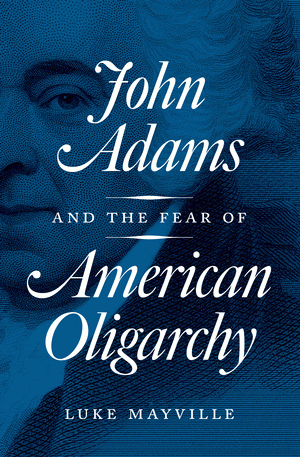
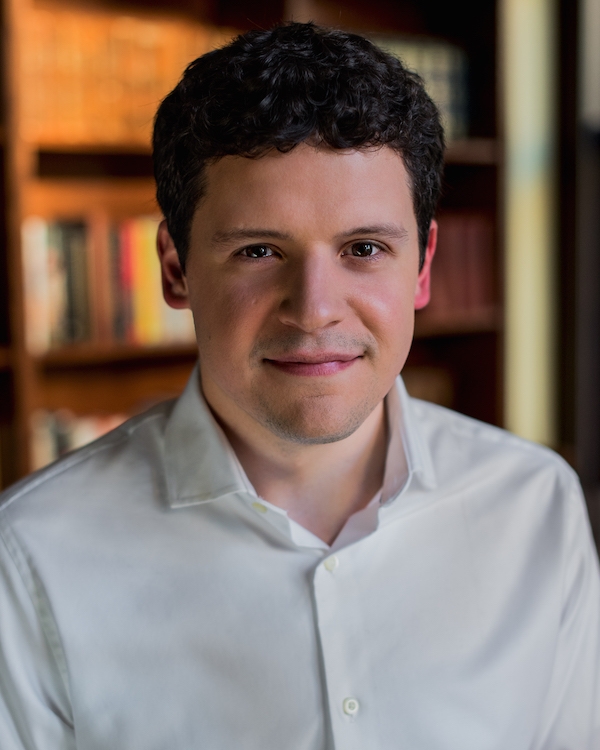 Luke Mayville is a Postdoctoral Fellow in the Center for American Studies at Columbia University. He received his Ph.D. in Political Science in 2014 from Yale University, with a dissertation entitled "The Oligarchic Mind: Wealth and Power in the Political Thought of John Adams." His book John Adams and the Fear of American Oligarchy will be published by Princeton University Press in October (pre-order here). Mayville talked to Emily Sneff about John Adams' fears, "the few" versus "the 1%", and varied definitions of "natural aristocracy".
Luke Mayville is a Postdoctoral Fellow in the Center for American Studies at Columbia University. He received his Ph.D. in Political Science in 2014 from Yale University, with a dissertation entitled "The Oligarchic Mind: Wealth and Power in the Political Thought of John Adams." His book John Adams and the Fear of American Oligarchy will be published by Princeton University Press in October (pre-order here). Mayville talked to Emily Sneff about John Adams' fears, "the few" versus "the 1%", and varied definitions of "natural aristocracy".
Luke Mayville's doctoral dissertation on the political thought of John Adams began with a much broader topic. In the course of closely reading texts in the tradition of Western political philosophy—Plato, Aristotle, Polybius, Machiavelli—he was struck by the extent to which these figures considered issues of class and inequality to be central to politics. A key consideration was oligarchy, or political domination by social and economic elites. Mayville was intrigued by the way these classical thinkers tried to manage oligarchy by establishing “mixed institutions” that would counterbalance the power of social-economic elites (“the few”) with the power of ordinary citizens (“the many”).
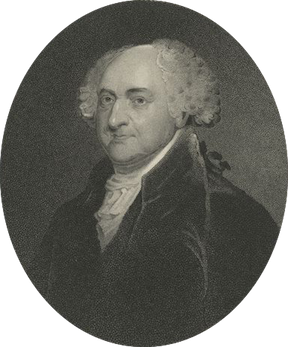 This is where Adams entered the picture. “I argue in the book,” Mayville explains, “that John Adams is probably the most profound analyst and critic of oligarchy in American history.” (Mayville substantiates this claim, in part, by pointing to C. Wright Mills’ The Power Elite, a book that would also contend for the title of most profound analysis of oligarchy. Mills viewed Adams as a predecessor for his own analysis.) Adams’ writings about oligarchy are interesting, of course, because of his importance in the foundation of this country. But his writings are especially interesting and relevant because the classical concept of the few and the many faded in his lifetime as the more modern concept of a single, classless citizenry became popular. The modern concept is designated in the United States Constitution, for example, by the phrase, "We the People" (not "We the Many" or "We the Few"). Mayville found that commentaries from Gordon Wood, Joseph Ellis, Judith Shklar, and others all recognized Adams as “this really peculiar figure who continued to insist upon a classical understanding of the few and the many even while the modern idea of a unified people was ascendant. So,” he continues, “Adams was right at the pivot point between classical and modern understandings of society.” As Mayville notes, once he started writing about Adams, he never stopped.
This is where Adams entered the picture. “I argue in the book,” Mayville explains, “that John Adams is probably the most profound analyst and critic of oligarchy in American history.” (Mayville substantiates this claim, in part, by pointing to C. Wright Mills’ The Power Elite, a book that would also contend for the title of most profound analysis of oligarchy. Mills viewed Adams as a predecessor for his own analysis.) Adams’ writings about oligarchy are interesting, of course, because of his importance in the foundation of this country. But his writings are especially interesting and relevant because the classical concept of the few and the many faded in his lifetime as the more modern concept of a single, classless citizenry became popular. The modern concept is designated in the United States Constitution, for example, by the phrase, "We the People" (not "We the Many" or "We the Few"). Mayville found that commentaries from Gordon Wood, Joseph Ellis, Judith Shklar, and others all recognized Adams as “this really peculiar figure who continued to insist upon a classical understanding of the few and the many even while the modern idea of a unified people was ascendant. So,” he continues, “Adams was right at the pivot point between classical and modern understandings of society.” As Mayville notes, once he started writing about Adams, he never stopped.
Adams’ views on oligarchy have drawn criticism from historians who believe his thinking is obsolete or irrelevant for our time. Mayville accepts this criticism to a point, given Adams’ defense, as he puts it, of “certain far-fetched institutions or implausible institutional arrangements.” For example, he proposed a senate exclusively for aristocrats. As Mayville explains, “it wasn’t meant so much to privilege the aristocracy as to—in Adams’s words—ostracize them.” Essentially, the idea was to corral the social-economic elite in a single chamber of government and thereby prevent them from controlling the entire government.. Leaving the “far-fetched” aside, Mayville argues that Adams’ thinking remains “uniquely relevant” because, more than his contemporaries and more than many thinkers in the tradition of American political thought, “he retained a critical perspective on the power of elites and the role they play in politics.”
Who exactly did John Adams count among the elites? The wellborn, the beautiful, and, of course, the wealthy. In his retirement, Adams launched a public argument against James Hillhouse, a Federalist senator from Connecticut. In 1808, Hillhouse attempted to "amend the Constitution to give the Senate more power and the presidency less power,” Mayville says, and Adams “sees this as an outright aristocratic reform of the Constitution.” Adams drafted but never published a response to Hillhouse’s proposed amendments, where he argues, “We do possess one Material, which actually constitutes an Aristocracy, that governs the Nation. That Material is Wealth. Talents, Birth, Virtues, Services, Sacrifices are of little consideration with Us.” Mayville asserts that Adams “repeatedly pointed to wealth as the most reliable source of aristocracy or elite power. And in this sense, I think there are important parallels between his view and the contemporary idea of the 1%.”
In recent years there has been a resurging interest in the social divide between the 1% and the 99%, “an echo of the old way of thinking,” Mayville remarks. He cites Jeffrey Green, who has pointed to a shift in social conscience away from focusing on poverty and the problems of "the least advantaged" and towards focusing on issues of elite domination and the privilege of "the most advantaged." Whereas the liberal thought of John Rawls, for example, conceptualized society as divided between the affluent majority and the "least well-off", critics and protestors are now conceptualizing society as essentially divided between the super-rich 1% and the non-rich 99%. Mayville considers this new description of social-economic division a callback to the classical distinction between the few and the many.
There are other parallel concerns in Adams' time and today, Mayville notes: “Adams’ shared today's growing suspicion that the wealth of the few or the 1% isn’t so much the product of work or talent as it is the product of luck or inheritance.” Adams thought the ordinary citizen should be highly suspicious of the great fortunes that were so rapidly accumulated by the few, these “Mushrooms growing up in a Night” as he called them in 1808.
Unlike some of his peers, Adams feared oligarchy much more than monarchy. In a letter to Thomas Jefferson in December 1787, responding to the new U.S. Constitution, Adams writes, “You are afraid of the one—I of the few… You are Apprehensive of Monarchy; I, of Aristocracy.” Adams’ fears of domination by the wealthy, wellborn, and beautiful extend to elections, as he says to Jefferson in the same letter: “Elections, my dear sir, Elections to offices which are great objects of Ambition, I look at with terror.” Mayville explains, “Adams is very skeptical of elections because he thinks that elections are biased towards wealth, birth, and beauty, and he thinks that it’s going to be very difficult for electorates to distinguish merit from these things.”
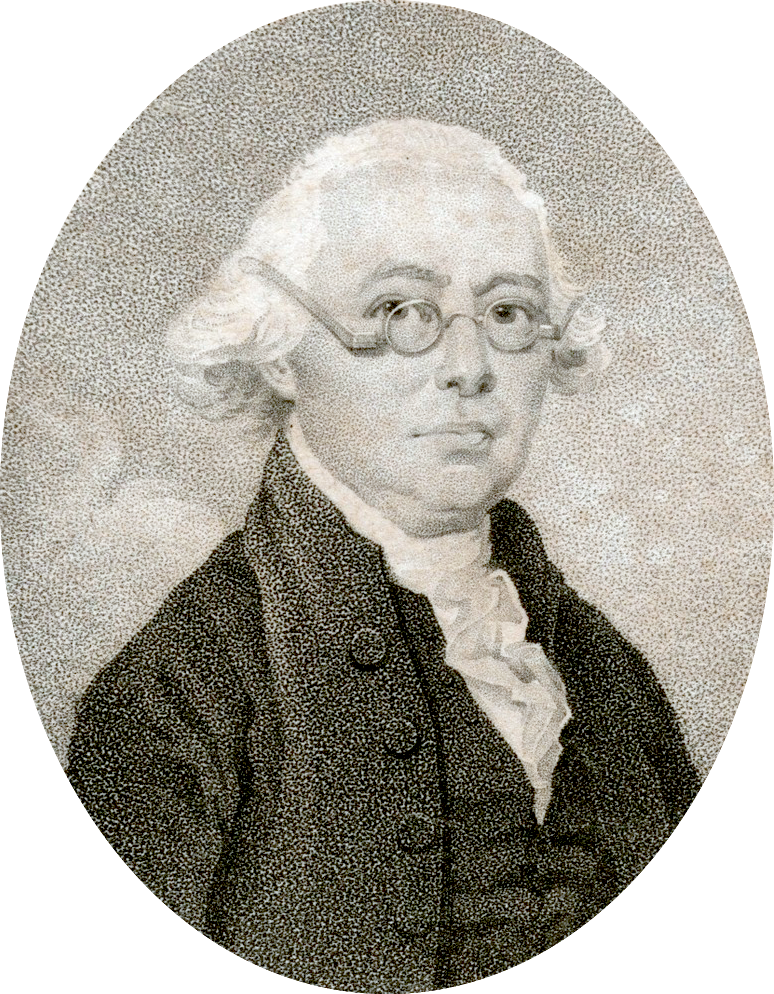
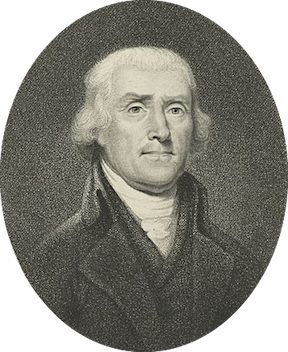
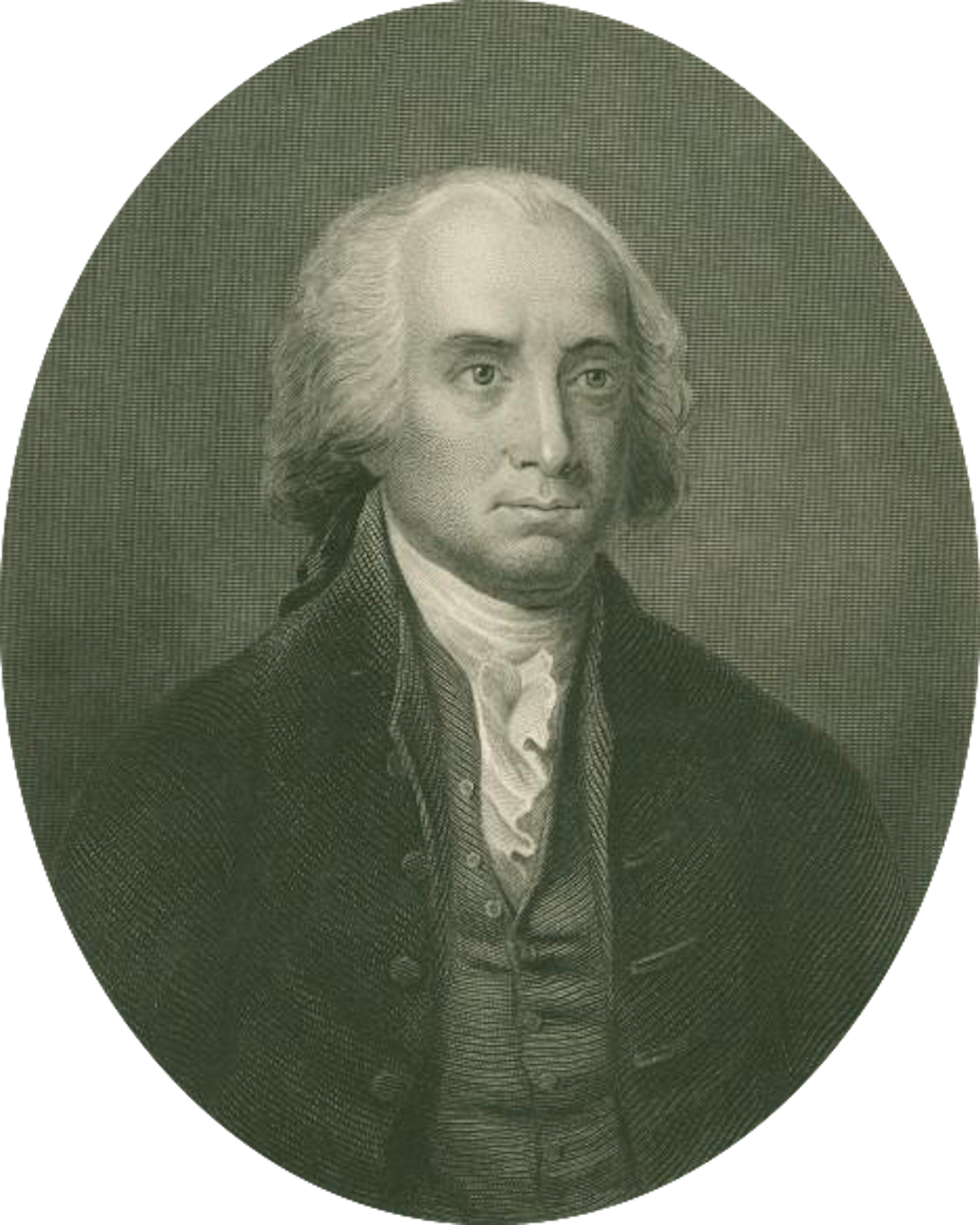
L-R: James Wilson, Thomas Jefferson, James Madison. Courtesy of NYPL Digital Collections.
Other Founding Fathers didn’t always share Adams’ fears, nor did they agree with his definition of aristocracy. Adams defined aristocrats as “every Man who can and will influence One Man to vote besides himself.” But the classical definition of aristocracy was more virtuous. In a speech in defense of the Constitution at Pennsylvania’s ratifying convention in late 1787, lawyer and signer of the Declaration of Independence James Wilson explored the definition of aristocracy, or more specifically, natural aristocracy: “I am not at a loss for the etymological definition of the term; for, when we trace it to the language from which it is derived, an aristocracy means nothing more or less than a government of the best men in the community… Is there any danger in such representation? I shall never find fault that such characters are employed. How happy for us, when such characters can be obtained! If this is meant by a natural aristocracy,—and I know no other,—can it be objectionable that men should be employed that are most noted for their virtue and talents?” As Mayville highlights, “not only is this aristocracy different, but according to Wilson it ought to govern them – the aristocrats are most fit to be the people's representatives. Strictly speaking, Wilson might say that the people should always rule, but they need to have representatives, and it's best that the natural aristocrats be their representatives."
Jefferson and James Madison had similar views on natural aristocracy. In a letter to Adams in 1813, Thomas Jefferson gives his definition: “I agree with you that there is a natural aristocracy among men. the grounds of this are virtue & talents… there is also an artificial aristocracy founded on wealth and birth, without either virtue or talents; for with these it would belong to the first class. the natural aristocracy I consider as the most precious gift of nature, for the instruction, the trusts, and government of society.” To this John Adams replied: “Your distinction between natural and artificial Aristocracy does not appear to me well founded. Birth and Wealth are conferred on Some Men, as imperiously by Nature, as Genius, Strength or Beauty. The Heir to honours and Riches, and power has often no more merit in procuring these Advantages, than he has in obtaining an handsome face or an elegant figure.” Mayville clarifies that Adams followed his peers in calling aristocracy "natural", but that he understood "nature" very differently, "not as designating any kind of moral quality but as designating something more like a natural law or a law-like regularity whereby power will flow to these people... So, his conception of natural aristocracy has less to do with merit than with power or what he sometimes calls influence.” This is why Mayville makes the definitional move in his book of saying that what Adams terms “natural aristocracy” is something more like the traditional idea of "oligarchy".
While Adams wanted to sequester aristocrats, Jefferson and Madison took the “best defense is a good offense” approach: they wanted to enable true, natural aristocrats. Mayville explains, “Jefferson sought to do this through a system of education that would both train a natural aristocracy capable of standing for office, and a general electorate capable of choosing them over the merely wealthy or wellborn.” As a member of the Virginia Assembly, Thomas Jefferson crafted A Bill for the More General Diffusion of Knowledge.
The Bill begins, “Whereas it appeareth that however certain forms of government are better calculated than others to protect individuals in the free exercise of their natural rights, and are at the same time themselves better guarded against degeneracy, yet experience hath shewn, that even under the best forms, those entrusted with power have, in time, and by slow operations, perverted it into tyranny…” Two years removed, this preamble echoes that of the Declaration of Independence. But it continues, “it is believed that the most effectual means of preventing this would be, to illuminate, as far as practicable, the minds of the people at large, and more especially to give them knowledge of those facts, which history exhibiteth, that, possessed thereby of the experience of other ages and countries, they may be enabled to know ambition under all its shapes, and prompt to exert their natural powers to defeat its purposes…”
James Madison takes a slightly different approach in Federalist 10 by arguing in favor of large electoral districts: “as each representative will be chosen by a greater number of citizens in the large than in the small republic, it will be more difficult for unworthy candidates to practice with success the vicious arts by which elections are too often carried; and suffrages of the people being more free, will be more likely to centre in men who possess the most attractive merit and the most diffusive and established characters.”
Despite these efforts to create an informed electorate in support of virtuous natural aristocrats, Adams, Jefferson, and Madison witnessed quite a few less trustworthy aristocrats take power, or at least attempt to do so (as with Hillhouse). Consider the Essex Junto, a term coined by John Hancock and popularized by Adams, and (according to Joseph Ellis) one of Adams' “favorite examples” of the few in his own time. The Essex Junto was a group of New England Federalists who became increasingly radical, even attempting a secession of New England from the Union during Jefferson’s presidency. In an 1809 letter to the Boston Patriot, Adams refers to Stephen Higginson, George Cabot, Theophilus Parsons, and Jonathan Jackson as “the four main Pillars, the four mighty Oligarchs” of the Essex Junto. And Adams called out another member of this group, Fisher Ames, in a letter to Benjamin Rush in 1810: “But Ames’s Misfortune was that the Sordid Avarice which he imputes to The whole Body of the American People belongs chiefly if not exclusively to his own Friends The Aristocrats or rather The Oligarchs who now rule the Federal Party.”
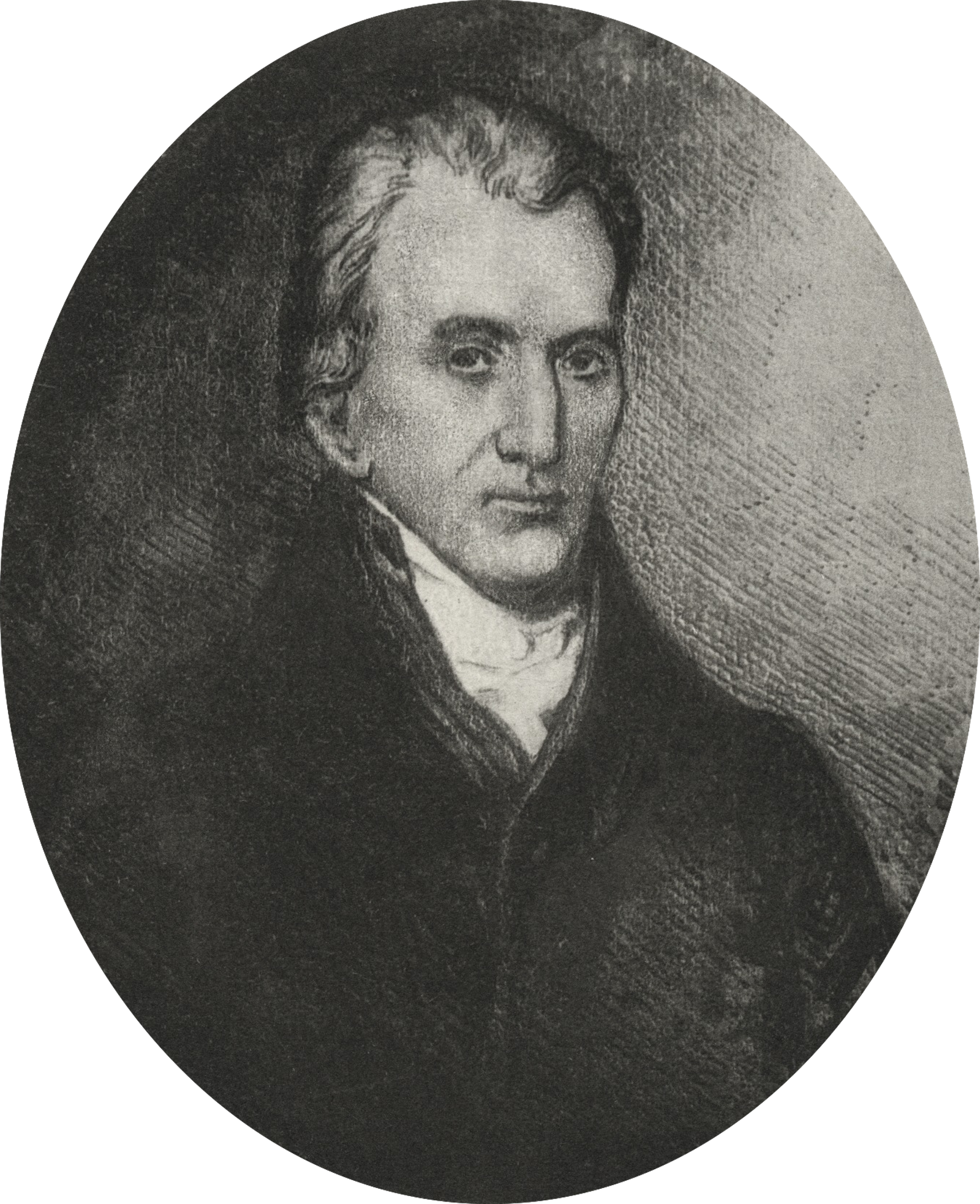
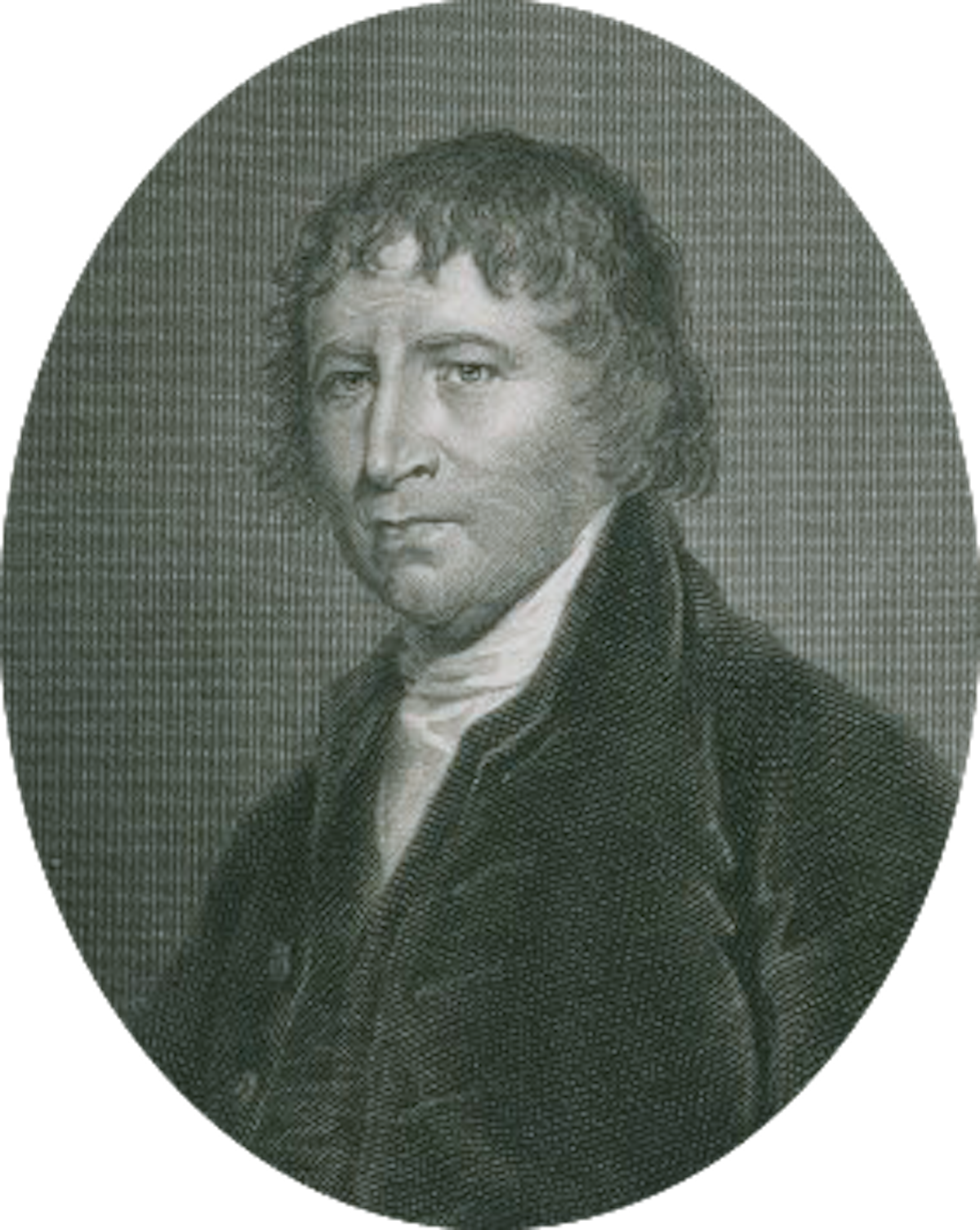
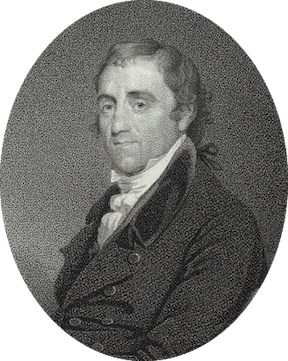
L-R: James Hillhouse, Theophilus Parsons, Fisher Ames. Courtesy of NYPL Digital Collections.
Adams' fear of oligarchy often mixes with pessimism in his writings. In an 1813 letter to Jefferson, Adams laments, “You very justly indulge a little merriment upon this Solemn Subject of Aristocracy. I often laugh at it too, for there is nothing in this laughable world more ridiculous than the management of it by almost all the nations of the Earth.” As Mayville explains: “Adams seems to believe that the power of wealth and also the power of birth and beauty and other forms of distinction is inevitable. So, in a sense, oligarchic power is an inevitable feature of political life.” The assertion in the Declaration of Independence, that “all men are created equal”, can be interpreted through Adams’ lens as aspiring to a kind of civic equality or a rough equality of political power that is never quite attainable in actuality.
But this is not to say that Americans should not strive to contain and limit the power of the few. Mayville suggests that the Declaration itself hinges on a fear of incorrectly mixed political institutions. After “all men are created equal”, the Declaration states, “That whenever any Form of Government becomes destructive of these ends, it is the Right of the People to alter or to abolish it, and to institute new Government, laying its foundation on such principles and organizing its powers in such form, as to them shall seem most likely to effect their Safety and Happiness.” To Mayville, this raises the question “what does it mean to reorganize the powers of government?” He continues, “this is really interesting to me, because I think that the conventional answer would point immediately to the executive, legislative, and judicial powers… But I’m reminded that at that time, in 1776, the powers of government referred not just to executives, legislatures, and judiciaries, but also to the competing political powers of the few and the many.” Mayville concludes that the Declaration seems to call on Americans to carefully consider, at different points in history, “whether the power of different classes is arranged in such a way to secure life, liberty, and the pursuit of happiness.”
Historians have often argued that Adams, Jefferson, Madison, and others were oligarchs themselves, who established institutions that would allow them to protect their own private interests. But Mayville insists that the writings of the founding fathers prove that these men were not so much oligarchs themselves as they were analysts and—especially in the case of John Adams—trenchant critics of oligarchy. Mayville's work shows that Adams' perspective on the political power of elites is highly relevant today, and Adams' writings on the subject offer a unique glimpse into the mind of one of our founding fathers.


